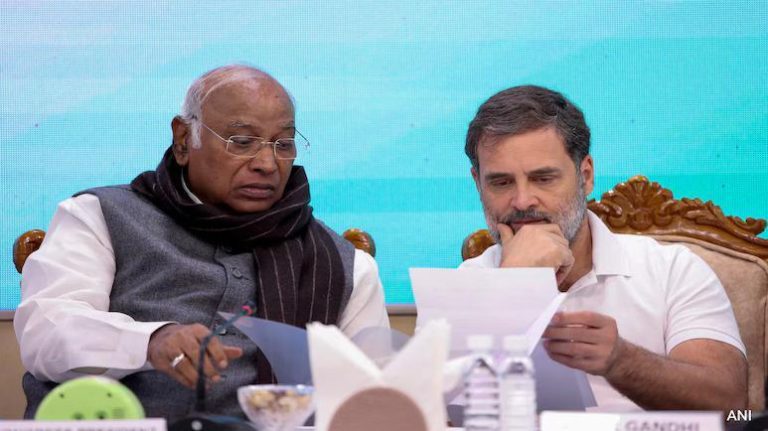
Welfare Scheme, Journalist’s Arrest Put Andhra Governance in Focus
Two significant but contrasting developments in Andhra Pradesh over the past few days have put the state government’s record under scrutiny. While the Thalliki Vandanam Scheme has been hailed as a model of effective welfare implementation, the arrest of senior journalist Kommineni Srinivasa Rao has drawn sharp criticism from the Supreme Court. These two incidents have not only raised questions about the state’s commitment to its citizens but also highlighted the need for transparency and accountability in governance.
The Thalliki Vandanam Scheme, launched by the Andhra Pradesh government in 2019, aims to provide financial assistance to the families of farmers who have lost their lives due to accidents or illness. The scheme has been widely praised for its efficient implementation, with the government ensuring that the beneficiaries receive timely and adequate compensation. The scheme has also helped to alleviate the financial burden on the families of farmers, who are already struggling to make ends meet.
However, the scheme’s success has also raised questions about the government’s priorities. Critics argue that the scheme is a mere publicity stunt, designed to boost the government’s image rather than genuinely addressing the needs of farmers. Others point out that the scheme’s focus on financial compensation rather than addressing the root causes of farmer suicides is a missed opportunity to make a meaningful impact.
In contrast, the arrest of journalist Kommineni Srinivasa Rao on charges of sedition has sparked widespread outrage and criticism. Rao, who has been a vocal critic of the government’s policies, was arrested for allegedly making inflammatory comments about the government’s handling of the COVID-19 pandemic. The arrest has been condemned by the Supreme Court, which has ordered Rao’s immediate release, calling the charges against him “politically motivated.”
The arrest has raised concerns about the state’s treatment of dissenting voices and the erosion of press freedom. Rao’s arrest is seen by many as an attempt to silence critics and muzzle the media, rather than address any perceived wrongdoing. The incident has also highlighted the need for greater transparency and accountability in governance, as well as the importance of protecting the rights of citizens to express themselves freely.
The two incidents have also highlighted the contradictions in the state government’s approach to governance. On the one hand, the government has launched several welfare schemes aimed at improving the lives of citizens, including farmers, rural women, and the poor. On the other hand, the government has been criticized for its handling of protests and dissent, with many accusing it of using heavy-handed tactics to suppress opposition.
The government’s response to the incidents has been mixed. While officials have defended the Thalliki Vandanam Scheme as a genuine effort to support farmers, they have also faced criticism for the slow pace of implementation and the lack of transparency in the scheme’s administration. In the case of Rao’s arrest, the government has maintained that the charges against him are serious and that he will face the full force of the law.
However, the incidents have also highlighted the need for greater accountability and transparency in governance. The government must ensure that its welfare schemes are genuinely effective and transparent, rather than just being publicity stunts. Similarly, it must protect the rights of citizens to express themselves freely, including the right to dissent and criticize the government.
In conclusion, the Thalliki Vandanam Scheme and the arrest of journalist Kommineni Srinivasa Rao have put the spotlight on Andhra Pradesh’s governance. While the scheme has been hailed as a model of effective welfare implementation, the arrest has raised serious concerns about the state’s treatment of dissenting voices and the erosion of press freedom. The incidents highlight the need for greater transparency and accountability in governance, as well as the importance of protecting the rights of citizens to express themselves freely.
As the state government moves forward, it must ensure that its welfare schemes are genuinely effective and transparent, rather than just being publicity stunts. It must also protect the rights of citizens to express themselves freely, including the right to dissent and criticize the government. By doing so, the state can build trust with its citizens and demonstrate its commitment to good governance.





